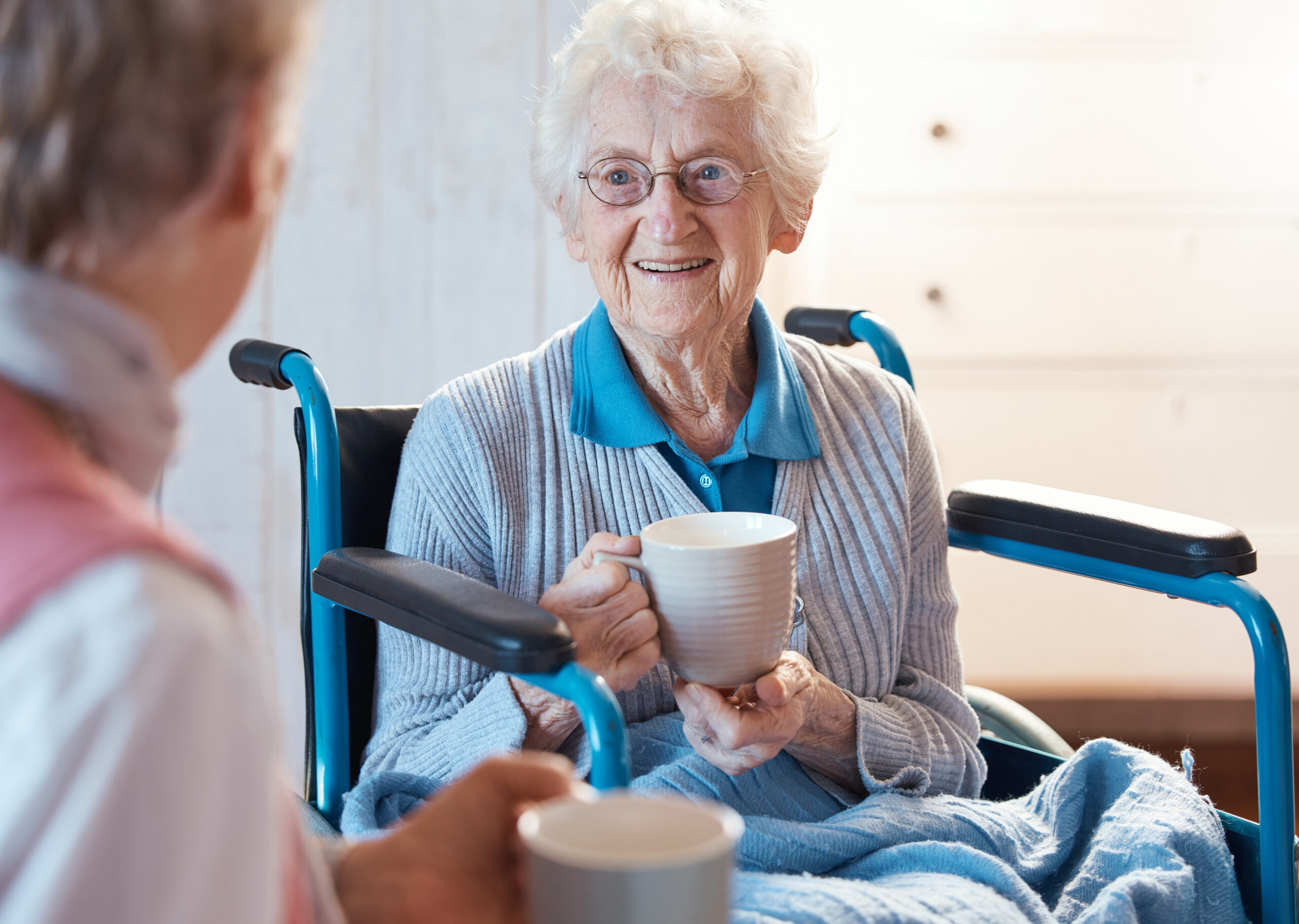Helpful Tips for Senior Care Centre Leaders

Managing a senior care centre can be quite challenging, but it’s also a platform to make a significant difference in people’s lives. The leaders must juggle multiple responsibilities, including effective communication, employing technology, ongoing staff training, prioritizing residents’ health, and fostering a positive environment. Adapting and innovating in these areas is crucial as the world continues to change rapidly. Keep reading to acquire some helpful strategies for senior solutions home care centre leaders.
Implementing Effective Communication Strategies in Senior Care
Clear, consistent communication is fundamental in running a senior care center. Leaders should ensure that every staff member understands their role, the center’s protocols, and the expectations set for them. This can be achieved through regular staff meetings and dissemination of information through clear written guidelines. In addition, technology like early wage access apps can help staff feel more appreciated and satisfied.
On the other side, listening is just as important as conveying your message. Regular feedback sessions can help leaders understand their team’s concerns and suggestions, fostering an open dialogue. Without such communication, misunderstandings, and conflicts can potentially escalate.
Lastly, communication with the seniors and their families is essential. Regular updates regarding health progress, activities, and issues ensure transparency and build trust.

The Role of Technology in Modern Care Centres
Technology has become an indispensable part of modern senior care centres. It plays a crucial role in enhancing the quality of care and life for residents. From healthcare monitoring devices to social connection platforms, technology assists caregivers in multiple ways.
Technology can also help bridge the gap between seniors and their families, keeping them connected through video-call apps and social networks. This can significantly improve a senior’s mental well-being.
However, implementing technology is not just about purchasing devices or software. Leaders must ensure that staff members are trained to use this technology efficiently and that it’s accessible and user-friendly for seniors.
The Importance of Adequate Staff Training and Development
Proper training and development of the care centre’s staff are crucial for ensuring high-quality care. Regular training sessions can keep the staff updated on the latest best practices and regulatory changes.
Apart from training in caregiving skills, orientations in communication, conflict resolution, and awareness of residents’ unique needs can significantly enhance staff performance. Additionally, knowing important aspects of their medical or mental health conditions can help staff tailor their care to each individual’s needs.
Continuous professional development opportunities can also be an effective strategy to retain staff. Investment in staff development shows that management values their growth and dedication.
By promoting ongoing training and development, senior care centers can ensure a competent and committed workforce, improving resident care and staff satisfaction.
Prioritizing Residents’ Physical and Mental Health

Caring for seniors’ physical health is a primary mission of senior care centres. Regular health check-ups, physical therapy sessions, and a balanced diet can significantly contribute to their physical well-being.
However, mental health is often overlooked, yet it’s equally important. Depression and anxiety are common among seniors, but they can be managed with timely intervention. Programs promoting social interaction, activities stimulating mental agility, and professional mental health support can greatly improve the quality of life for residents.
Leaders must also ensure that staff understand the importance of both physical and mental health care. Providing residents with holistic care that covers their overall health needs is an integral part of being a senior care centre.
A significant part of this strategy is to advocate for healthy lifestyle habits, ensuring that residents participate in regular physical activities and have nutritious diets tailored to their health needs.
Managing a senior care centre requires a comprehensive strategy encompassing effective communication, implementing technology, staff training and development, prioritizing residents’ health, and nurturing a positive environment. With the right approach, care centre leaders can provide superior care while enhancing the overall well-being of their staff and residents.